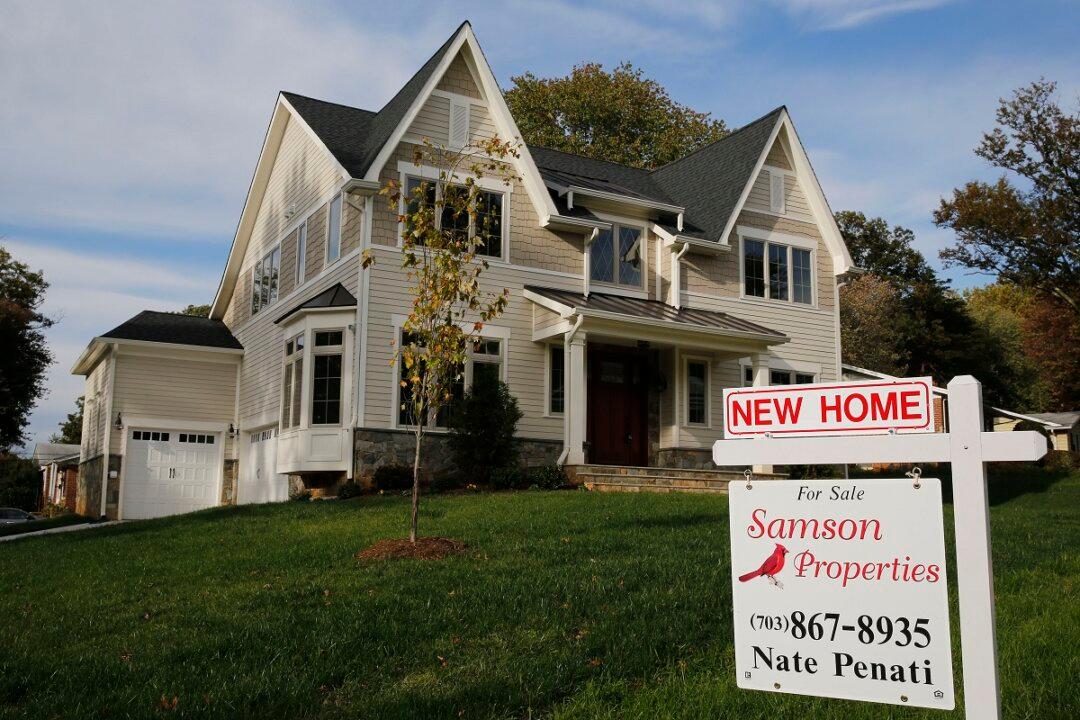With the Trump economy enjoying record levels of employment, manufacturing jobs returning, and interest rates remaining in historically low territory, the housing market should be going strong, right?
So far, the statistics tell a conflicting story.

With the Trump economy enjoying record levels of employment, manufacturing jobs returning, and interest rates remaining in historically low territory, the housing market should be going strong, right?
So far, the statistics tell a conflicting story.